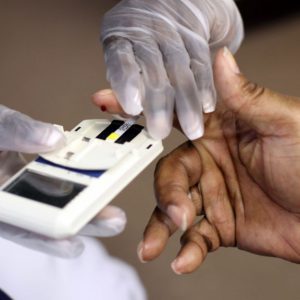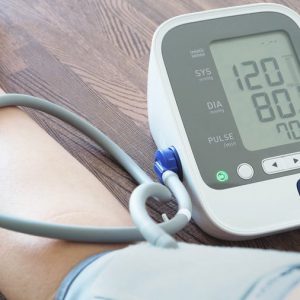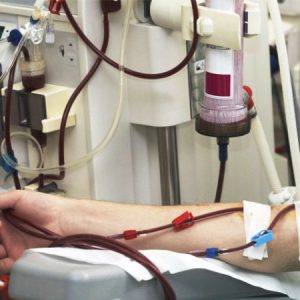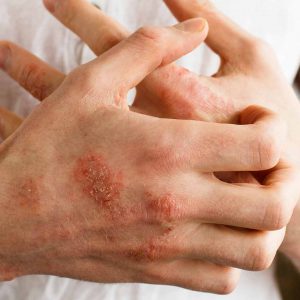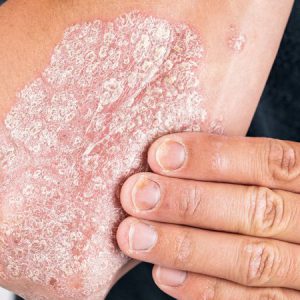- Contact us
- +66 98 591 9959
- contact@herbenzyme.com
Shop
Showing 16–30 of 36 results
-
Gout (1 month)
Gout is a common form of inflammatory arthritis that is very painful. It usually affects one joint at a time (often the big toe joint). There are times when symptoms get worse, known as flares, and times when there are no symptoms, known as remission.
For dosage and other recommendations for gout, click here.
-
High cholesterol (1 month)
Your body needs cholesterol to build healthy cells, but high levels of cholesterol can increase your risk of heart disease. With high cholesterol, you can develop fatty deposits in your blood vessels. Eventually, these deposits grow, making it difficult for enough blood to flow through your arteries.
For dosage and other recommendations to lower cholesterol levels, click here.
-
High or low blood pressure (1 month)
Both high and low blood pressure can result in debilitating symptoms and other complications. Some symptoms of hypertension or high blood pressure include fatigue, chest pain, difficulty breathing and vision problems. Some symptoms of hypotension or low blood pressure include lightheadedness, fainting, nausea and lack of concentration.
For dosage and other recommendations on how to manage high or low blood pressure, click here.
-
High toxin levels (1 month)
As the toxins gradually accumulate in your system, you may also find impairment to some of your faculties. Most people experience fatigue, memory difficulties, sleep impairment, eczema (and other inflammatory conditions like gout), depression, or “brain fog”.
For more information on symptoms of high toxin levels and recommendations, click here.
-
Hormonal imbalance (1 month)
Hormonal imbalances occur when there is too much or too little of a hormone in the bloodstream. Because of their essential role in the body, even small hormonal imbalances can cause side effects throughout the body.
For dosage and other recommendations for hormonal imbalance in both men and women, click here.
-
IBS: Irritable bowel syndrome (1 month)
Irritable bowel syndrome is a common disorder that affects the large intestine. Signs and symptoms include cramping, abdominal pain, bloating, gas, and diarrhea or constipation, or both. It is a chronic condition that you’ll need to manage long term.
For dosage and other recommendations for IBS, click here.
-
Infertility (1 month)
Infertility is defined as not being able to get pregnant despite having frequent, unprotected sex for at least a year for most couples. Infertility may result from an issue with either you or your partner, or a combination of factors that prevent pregnancy.
For dosage and other recommendations for infertility, click here.
-
Influenza/Flu (7 Days)
Flu is a contagious respiratory illness caused by influenza viruses that infect the nose, throat, and sometimes the lungs. It can cause mild to severe illness, and at times can lead to death.
For dosage and other recommendations on how to best recover from the flu, click here.
-
Kidney failure (1 month)
Kidney failure can occur as a result of physical injury or disease such as diabetes, recurrent kidney, infections, and cancer.
For dosage and other recommendations for kidney failure, click here.
-
Liver disease (1 month)
Liver disease can be inherited (genetic). Liver problems can also be caused by a variety of factors that damage the liver, such as viruses, alcohol use and obesity. Over time, conditions that damage the liver can lead to scarring (cirrhosis), which can lead to liver failure, a life-threatening condition. But early treatment may give the liver time to heal.
For dosage and other recommendations for liver disease, click here.
-
Menopause (1 month)
Menopause is the time in a woman’s life when her period stops. It usually occurs naturally, most often after age 45. Menopause happens because the woman’s ovaries stop producing the hormones estrogen and progesterone.
For dosage and other recommendations for menopause, click here.
-
Migraine (1 month)
Migraine is a neurological condition that can cause multiple symptoms. It’s frequently characterized by intense, debilitating headaches. Symptoms may include nausea, vomiting, difficulty speaking, numbness or tingling, and sensitivity to light and sound.
For dosage and other recommendations on migraines, click here.
-
Pemphigoid (1 month)
Pemphigoid is a family of rare autoimmune conditions that causes blistering and rashes on the skin and mucous membranes. The body mistakenly sends antibodies to bind to cells in the skin. These antibodies trigger a chain reaction that separates the bottom layer of cells from above layers.
For dosage and other recommendations for pemphigoid, click here.
-
PMS: Premenstrual syndrome (1 month)
Premenstrual syndrome (PMS) is a condition that affects a woman’s emotions, physical health, and behavior during certain days of the menstrual cycle, generally just before her menses. PMS is a very common condition. Its symptoms affect more than 90 percent of menstruating women.
For dosage and other recommendations for PMS, click here.
-
Psoriasis (1 month)
Psoriasis is a skin disease that causes red, itchy scaly patches, most commonly on the knees, elbows, trunk and scalp. It tends to go through cycles, flaring for a few weeks or months, then subsiding for a while or going into remission.
For dosage and other recommendations for psoriasis, click here.


